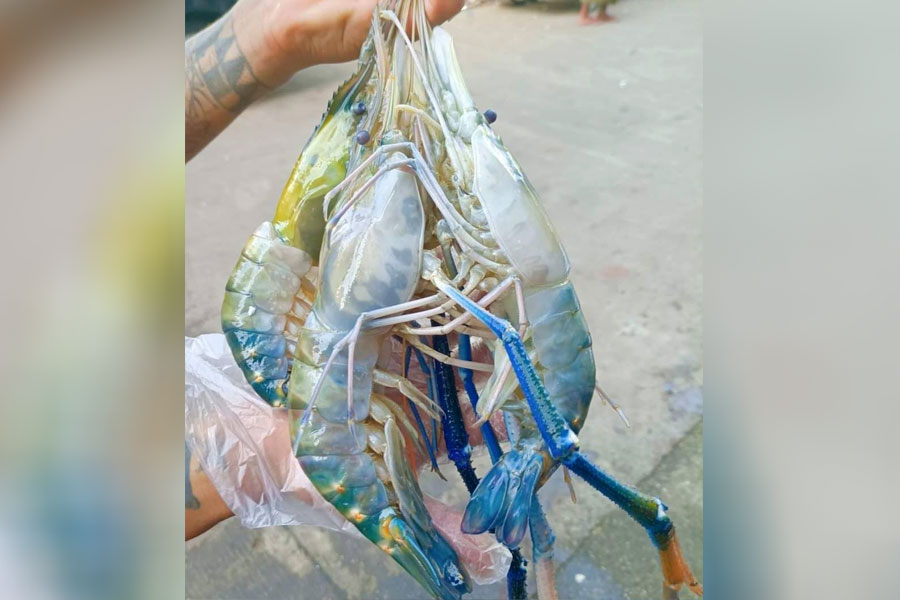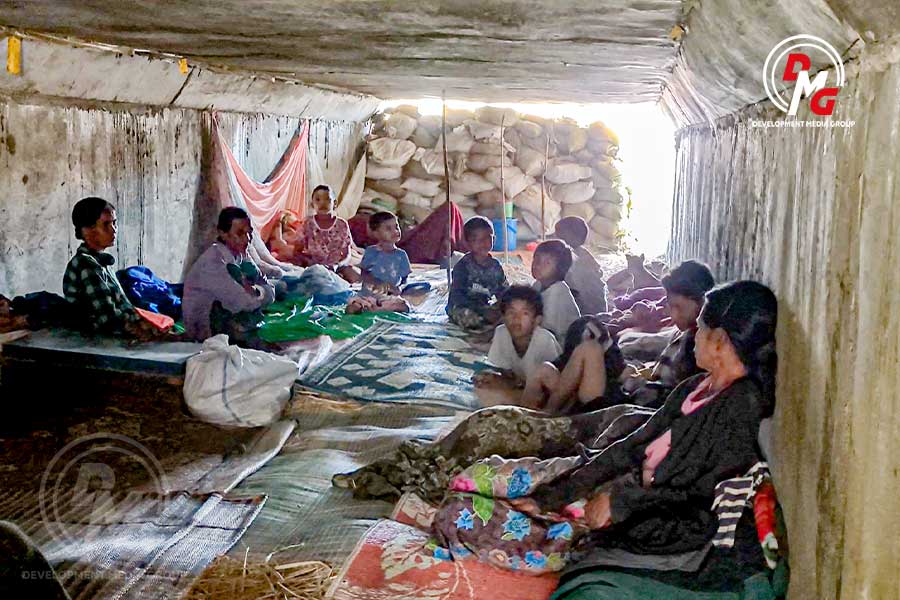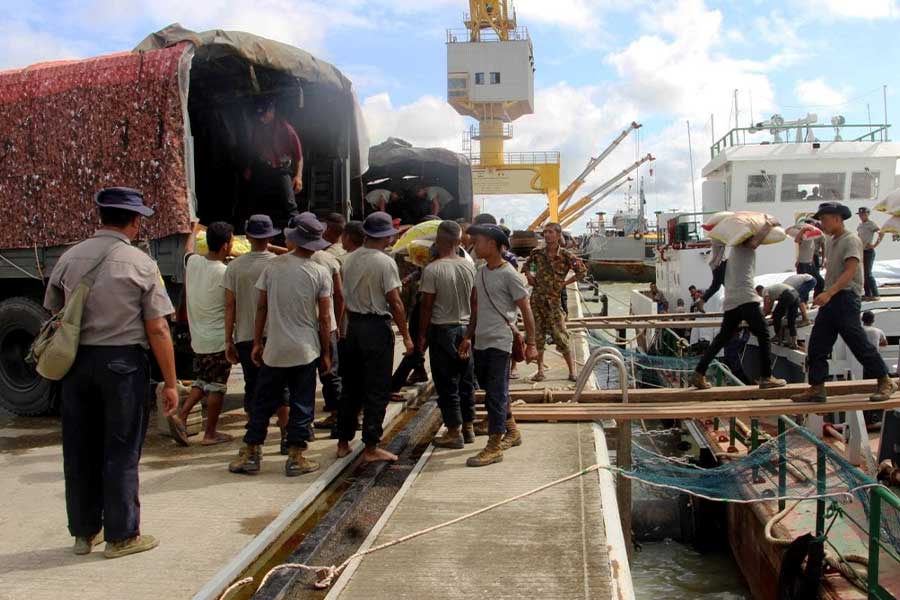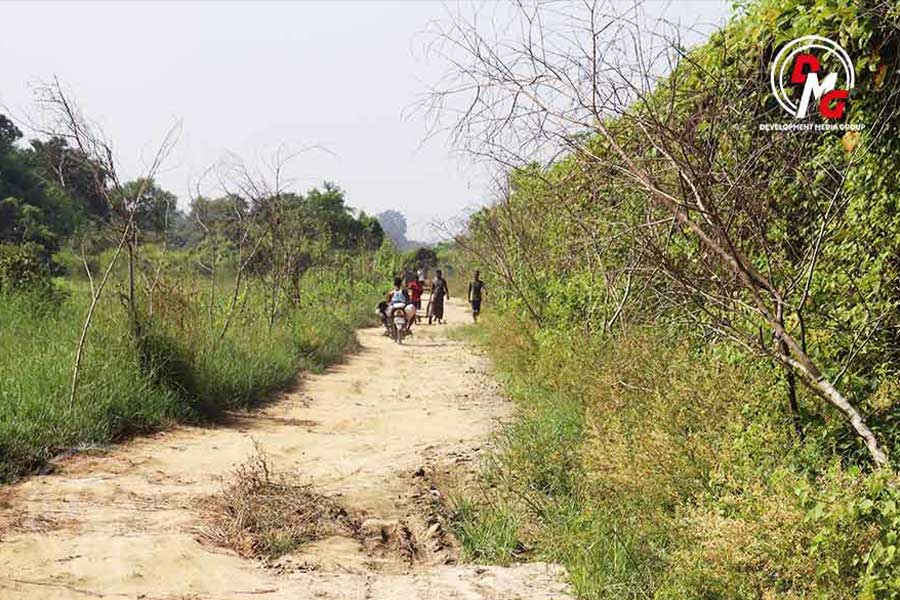- Arakan residents gripped by fear as junta airstrikes intensify
- Junta personnel, police and families evacuate Sittwe for mainland Myanmar
- Muslim armed groups killed 162 civilians in two years in northern Arakan: HDCO report
- Arakanese migrants in Middle East on high alert amid escalating Iran conflict
- People with disabilities in Arakan State face severe livelihood hardships amid ongoing conflict
Fisheries Department announces three-month shrimping ban in Arakan State
The Department of Fisheries issued a warning on April 19 prohibiting the catching of large freshwater shrimp during the rainy season, covering April, May and June.
21 Apr 2023

DMG Newsroom
21 April 2023, Sittwe
The Department of Fisheries issued a warning on April 19 prohibiting the catching of large freshwater shrimp during the rainy season, covering April, May and June.
Freshwater shrimp are currently spawning, and unchecked shrimping during this time could have long-term negative impacts on shrimp populations, according to the department.
“Banning the catching of freshwater shrimps during this spawning season also helps preserve both shrimp and fish resources. Killing a shrimp during the spawning season can result in many deaths, and the larvae will not be able to hatch and may die,” said an official from the Fisheries Department.
During the three-month fishing ban, illegal catching, killing, transporting, storing, keeping or trading in freshwater shrimp will subject the offender to prosecution under the Freshwater Fisheries Law.
Regarding the conservation of endangered water resources, the Fisheries Department of each Arakan State township has conducted awareness campaigns, but most of the fishermen still do not comply.
“If we catch freshwater shrimp, we release the shrimp with attached eggs. It is not enough to issue a warning letter to conserve water resources, it is also necessary for people to follow it in practice,” said U Ye Htet Aung, a local fisherman in Kyaukphyu.
According to surveys made in 2013, 2015 and 2018, Myanmar’s shallow water fish resources had dropped by 90% over the past 30 years, while deepwater marine resources fell by 60% over that same period, the Fisheries Department said.
The depletion of water resources is due, in part, to changing fishing methods that result in net decreases in shrimp and fish populations year after year.
“Some of the fishermen obey the ban, but others do not. Most of the fishermen earn a living as daily-wage workers, so it is difficult for them to follow the ban,” said U Aung Kyaw Moe, a local fisherman from Aungtaing Village in Sittwe Township.
Local people in Arakan State, a coastal region, are mainly engaged in agriculture and fishing, with those practices facing threats ranging from the destruction of mangrove forests to unregulated fishing and climate change.

















